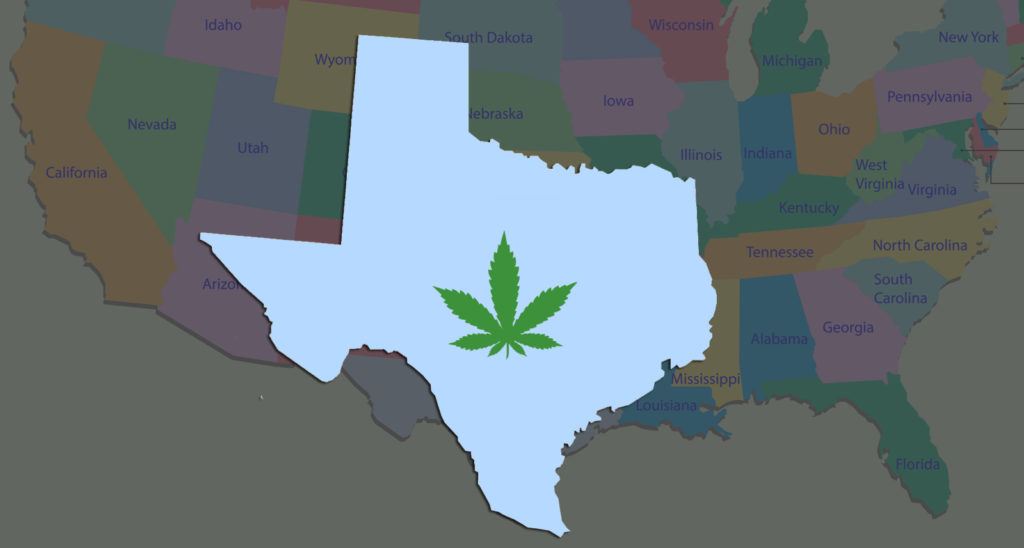Texas has officially become the 40th state to legalize medical cannabis, a milestone that advocates say marks a significant shift in the state’s traditionally conservative approach to drug policy.
Governor Greg Abbott signed the long-awaited bill into law this week, expanding the state’s limited medical cannabis program to include a broader range of conditions. Under the new law, patients suffering from chronic pain, PTSD, and other qualifying medical conditions will be able to access cannabis products through licensed dispensaries, effective immediately.
The passage of the bill comes after years of grassroots advocacy and growing public support for medical cannabis in Texas. “This is a historic moment for Texas,” said Heather Fazio, director of the Texas Cannabis Collective, one of the state’s leading advocacy groups. “Today, we celebrate the efforts of patients, families, and advocates who fought tirelessly for this day.”
While the new law is seen as a major victory for medical cannabis patients, it still has its limitations. Under the new legislation, Texas patients will only have access to low-THC cannabis, which is often considered less potent than full-spectrum marijuana. Additionally, medical cannabis will only be available to those who meet specific eligibility criteria, and the program will be tightly regulated by the state’s Department of State Health Services (DSHS).
Despite the restrictions, many are celebrating the passage as a step toward broader cannabis reform in Texas. Proponents argue that the state’s legal shift could pave the way for future measures to legalize recreational use, though that remains a contentious issue among lawmakers.
“While there’s more work to be done, this is a significant move toward providing patients with safer, effective treatment options,” said Jon Mills, a cannabis policy expert at the Marijuana Policy Project. “Texas has now joined the ranks of states that recognize the medical benefits of cannabis, and that sends a powerful message.”
The law’s passage is a win for Texas families, particularly those who have spent years advocating for access to medical cannabis as an alternative to prescription opioids.
Read the whole article from MPP.org here











